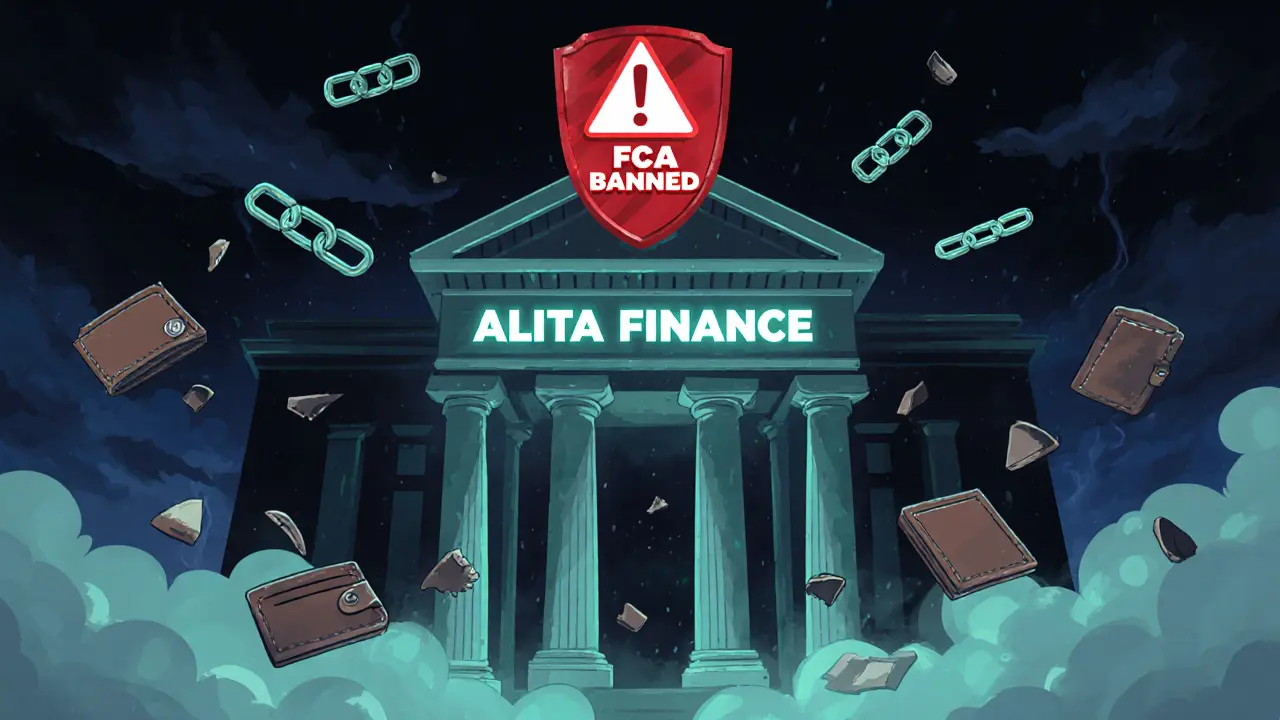Alita Finance scam: What happened and how to avoid similar crypto frauds
When you hear about Alita Finance, a crypto project that promised high returns but disappeared with investors’ money. Also known as Alita Finance scam, it’s a textbook example of how fake crypto projects lure people with flashy websites, fake testimonials, and promises of easy profits. Thousands lost money after depositing into what looked like a legitimate DeFi platform—only to find the website gone, the team vanished, and their tokens worthless.
What made Alita Finance dangerous wasn’t just the lie—it was how closely it copied real projects. It had a whitepaper, a Telegram group, and even fake trading volume. But there were clear signs: no public team members, no audit from a trusted firm like CertiK or Hacken, and a token with zero real use case. It didn’t solve a problem—it just took money. This pattern repeats in dozens of crypto scams every year. Projects like ELIXIR AI (ELXAI), a Solana-based project with no users and no working product, or KittySpin (KS), a micro-cap token with unclear origins and tiny liquidity, follow the same playbook. They promise innovation but deliver nothing but exit scams.
Real crypto projects don’t hide. They publish code on GitHub, list their team on LinkedIn, and let you verify their smart contracts. They don’t pressure you to invest fast. They don’t promise 10x returns in days. If a project sounds too good to be true, it is. The ONUS x CoinMarketCap airdrop, a legitimate giveaway that required wallet interaction and had clear rules worked because it was transparent. Alita Finance didn’t. And that’s the difference between a real project and a scam.
You’ll find posts here that break down how scams like Alita Finance operate, what red flags to spot before you invest, and how to verify if a crypto project is real or just a digital ghost. We’ve covered fake airdrops, phantom tokens, and exit scams—so you don’t have to learn the hard way.
Alita Finance Crypto Exchange Review: Red Flags and Scam Warning
Alita Finance claims zero trading fees but has no regulation, no users, no security, and no real trading. Experts and regulators confirm it's a high-risk scam. Avoid this platform entirely.
read more

